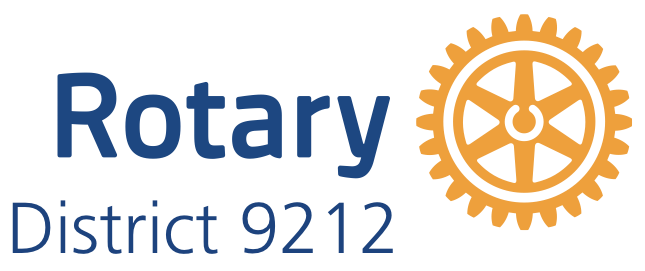COVID-19: What you NEED to know

One week since COVID 19 was declared a pandemic, the number of cases continues to soar around the world. Hundreds of millions of children are trapped indoors. Parents and caregivers are working remotely whenever they can. Borders have been closed. Lives have been upended.
Our service to the community has never been more critical. With millions of children uprooted, affected by wars, dying from preventable causes, or missing out on essential vaccines and services, the need for support has never been greater.
All around the world, people are taking necessary precautions to protect themselves and their families from coronavirus. Sound preparation, based on scientific evidence, is what is needed at this time.
However, while many people are sharing information about the virus and how to protect against it, only some of that information is useful or reliable. Misinformation during times of a health crisis can result in people being left unprotected or more vulnerable to the virus. It can also spread paranoia, fear, and stigmatization, and have other consequences like offering a false sense of protection.
Here are the four steps you can take to keep you and your family safe:
- Wash your hands frequently – including every time you enter the home or office, after shaking hands with other people, after you cough or sneeze, and before you eat – using soap and water or an alcohol-based hand rub
- Cover your mouth and nose with flexed elbow or tissue when coughing or sneezing, dispose of used tissue immediately, and wash your hands
- Avoid close contact with anyone who has cold or flu-like symptoms; and
- Seek medical care early if you or your child has a fever, cough or difficulty breathing.
Fact over fiction.
- Protect yourself and your family by sourcing accurate information from reliable sources. UNICEF is working with the World Health Organization, government authorities and with online partners like Facebook, Instagram, LinkedIn and TikTok to make sure that accurate information and advice is available.
- While there is a lot of information available, particularly online, on what to do and how to do it, only some of that information is reliable. Much of it can be ill-advised, misinformed or even purposefully misleading.
- We remind the public to seek information about the outbreak from reliable sources and not to pass on unverified information from mass media and social media posts.
Handwashing is critical to preventing the spread of COVID-19
Hand washing with soap, when done correctly, is critical in the fight against the novel coronavirus disease (COVID-19). It is one of the cheapest, most effective things you can do to protect yourself and others against coronavirus, as well as many other infectious diseases.
But how do you wash your hands properly?
- Wet hands with running water
- Apply enough soap to cover wet hands
- Scrub all surfaces of the hands – including back of hands, between fingers and undernails – for at least 20 seconds.
- Rinse thoroughly with running water
- Dry hands with a clean cloth or single-use towel
Here are some good sources of information to protect yourself and your family:
https://www.unicef.org/stories/novel-coronavirus-outbreak-what-parents-should-know
https://www.who.int/emergencies/diseases/novel-coronavirus-2019
https://www.cdc.gov/coronavirus/2019-ncov/index.html
Source: The United Nations Children’s Fund (UNICEF)



